鄭鎮光醫生
CHENG CHUN KWONG
|
性別︰ |
男 |
|
專業資格︰ |
香港大學內外全科醫學士 |
|
|
註冊專科︰ 耳鼻喉科醫生 |
|
地址︰ |
荃灣富榮街6號富裕樓力生廣場地下8號舖 |
|
地區︰ |
荃灣 |
|
執業類別︰ |
私人執業 |
|
語言或方言︰ |
廣東話, 英文 |
|
醫療服務項目︰ |
|
|
在診所以外所提供的醫療服務項目: |
|
|
使用醫院︰ |
|
|
辦公室電話︰ |
24141126 |
|
辦公室傳真︰ |
|
|
傳呼機 : |
|
|
手提電話︰ |
|
|
電郵地址︰ |
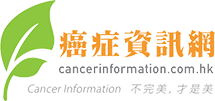

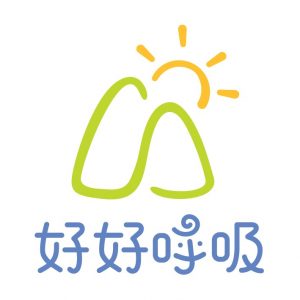

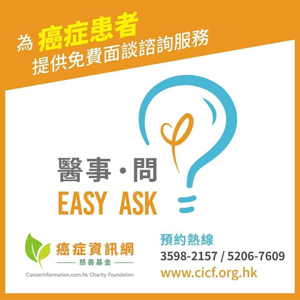

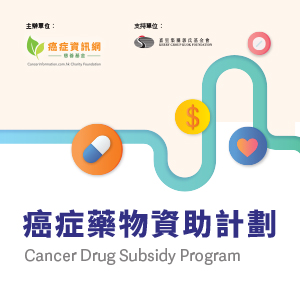
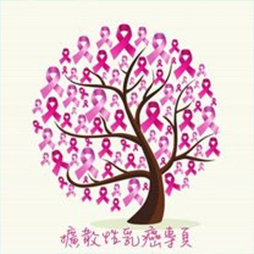
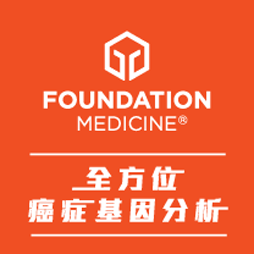
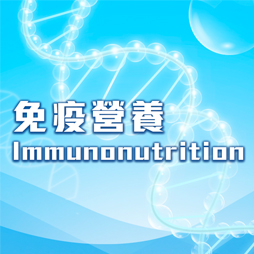
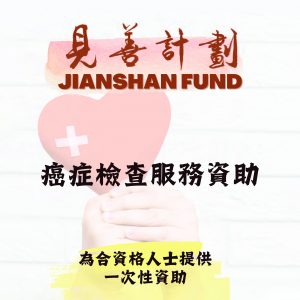
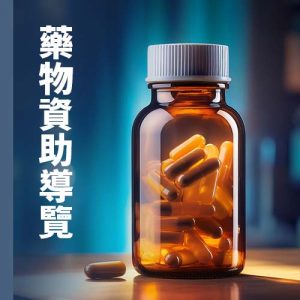
.jpg)